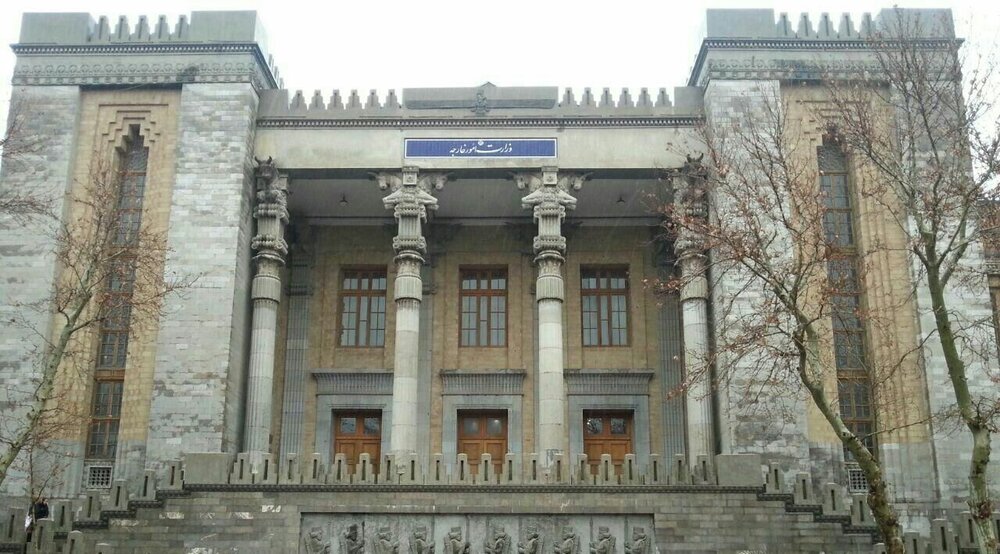Iran summons Germany's ambassador over HRC resolution

TEHRAN- The UN Human Rights Council on Thursday adopted a resolution at Berlin's request condemning the Islamic Republic for what it called suppression of protestors, a move that prompted the Iranian Foreign Ministry to call the German Ambassador to Tehran, Hans-Udo Muzel.
The head of the ministry's Western Europe Division informed the ambassador on Monday that Tehran was strongly protesting the "interventionist and unfounded comments" by the German government.
The Iranian diplomat criticized the Geneva-based UN Human Rights Council for passing the resolution in response to recent events in Iran, calling it a rash decision based on a wholly political and instrumental approach to human rights that is unequivocally rejected.
He emphasized that no mechanism included in the resolution will get any cooperation from the Islamic Republic of Iran.
The rights of Iranians have been violated as a result of the complicity of Germany and other European nations with the U.S. in its unilateral coercive measures against Iran, depriving them of any jurisdiction and competence to advocate for human rights, the Iranian Foreign Ministry official said.
The German ambassador said he would inform Berlin of Iran's objection.
In order to investigate alleged human rights breaches in Iran amid the most recent foreign-backed riots in the country, the UN Human Rights Council met on Thursday at the request of Germany and Iceland.
The intergovernmental organization decided to launch a global fact-finding expedition to look into the alleged violations.
Earlier in November, Tehran also summoned the German ambassador in response to "interventionist and reckless" remarks by the chancellor of the European nation in favor of the Western-supported disturbances in Iran.
After Mahsa Amini's death riots erupted in certain cities in Iran. The 22-year-old lost consciousness inside a Tehran police station on September 13 and was declared dead three days later in hospital. Iranian Forensic Medicine's official assessment found that
Amini's death was brought on by a chronic disease rather than claims of blows to the skull or other important body parts.
As Western nations, especially the United States, offered assistance to protestors, rioters went on the rampage viciously assaulting security personnel and seriously damaging public property.
The European Union and several Western nations put sanctions on Iran for what they claimed heavy-handed response to protests. Given the European Union's purposeful efforts in favor of the unrest, Iran in response declared punitive penalties against organizations and people in the EU.
